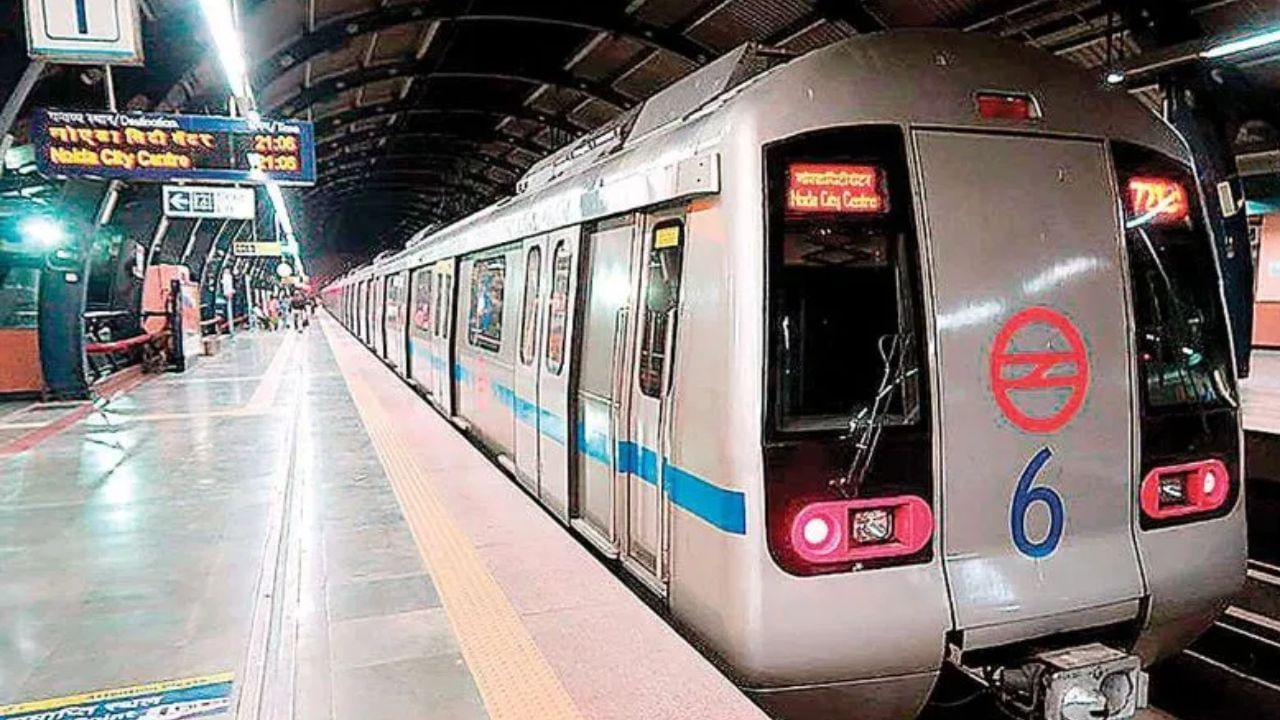New Delhi: From its modest beginnings in Delhi’s suburbs in the early 2000s, India’s metro rail network has transformed into one of the largest and fastest growing in the world. Today, over 1,013 km of metro lines operate across 23 cities, compared to just 248 km in five cities in 2014. Daily ridership has risen from 28 lakh in 2013–14 to more than 1.12 crore in 2025, making metro trains a lifeline for millions.
The pace of expansion has accelerated sharply from just 0.68 km of track added each month before 2014 to about 6 km a month now. The government has also increased its investment, allocating Rs 34,807 crore for 2025–26, more than six times the 2013–14 budget. The Metro Rail Policy 2017 has set clear rules for sustainable and viable projects, including mandatory Comprehensive Mobility Plans, private participation and a minimum Economic Internal Rate of Return of 14 per cent for central funding.
Make in India boost
Under the Make in India push, 75 per cent of metro cars and 25 per cent of key equipment must be made domestically. Public sector firm BEML has already supplied over 2,000 coaches to cities like Delhi, Mumbai and Bengaluru. International partnerships have also played a role. The Mumbai Metro Line 3, worth Rs 23,136 crore, is funded 57.2 per cent by a loan from the Japan International Cooperation Agency (JICA).
Green innovations are becoming common, from Delhi Metro’s solar plants and regenerative braking to IGBC certified eco-friendly stations in several cities. India’s metro systems are also embracing technology. The country has launched its first high speed regional train (Namo Bharat), the first underwater metro tunnel in Kolkata, and the Kochi Water Metro. Features like driverless operations, QR based ticketing, the National Common Mobility Card, and indigenous train supervision systems are improving safety, efficiency and convenience.
The pipeline remains strong. Approved projects include Pune Metro Phase 2, multiple Delhi Metro extensions, Ahmedabad’s airport link, and Bengaluru Metro Phase 3. The government is also studying Water Metro services in 24 cities. With rapid growth, local manufacturing and a focus on green, tech driven solutions, India’s metro rail is not just reshaping commutes, it is reshaping cities, offering cleaner, faster and more connected urban living.
